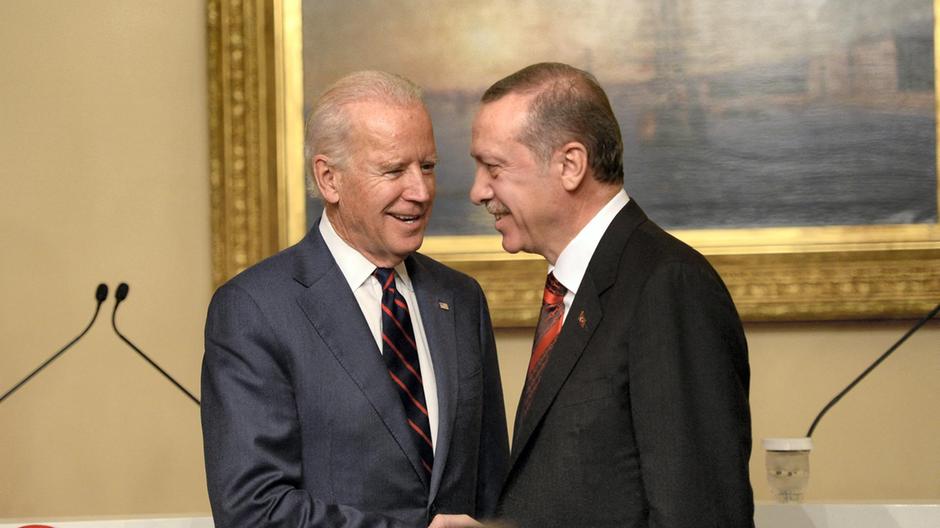President Recep Tayyip Erdoğan emphasized that Türkiye’s high-level dialogue with the United States will remain consistent, irrespective of the outcome of the upcoming U.S. presidential election.
“Regardless of who becomes president as a result of the elections, our view of America and our high-level dialogue in our relations will not change,” Erdoğan said at New York’s Turkish House, a skyscraper located across from the U.N. building, on Sept. 23.
Early in-person voting for the Nov. 5 general election began last week in three states, a milestone that kicked off a six-week sprint to Election Day. About a dozen more states will follow by mid-October.
The beginning of the balloting follows a tumultuous summer in American politics that included President Joe Biden dropping out of the race and being replaced by Vice President Kamala Harris as the Democratic nominee.
Meanwhile, an assassination attempt against Republican nominee Donald Trump was followed by another apparent attempt on his life just nine weeks later.
“Türkiye is one of NATO’s strongest allies,” Erdoğan said amid “differences with the U.S. administration” over national security matters.
“At the same time, we are a country with a perspective of full membership in the European Union.”
Formal negotiations between Türkiye and the bloc started in 2005, but the process has de facto been suspended by Brussels. The accession process has been largely stalled since 2016.
“While developing our cooperation with the Western world, we do not neglect the East,” Erdoğan said.
“We are determined to strengthen our dialogue with the Shanghai Cooperation Organization, BRICS and ASEAN.”
The president vowed to continue to engage with various regional organizations based on a “Türkiye-centered understanding that focuses on the country’s interests.”
Erdoğan is in New York for the U.N. General Assembly meeting scheduled for Sept. 24. During his Turkish House address, he criticized the international community’s lack of response to ongoing global conflicts, particularly the crisis in Gaza.
“In every crisis, we witness this bitter reality. On the one hand, there is the U.N. General Assembly and the decisions it takes, reflecting the common conscience and common sense of humanity. On the other hand, there are five privileged countries with veto power in the Security Council,” he said.
hurriyetdailynews.com
